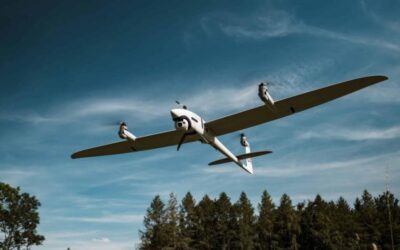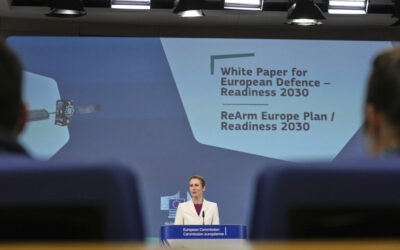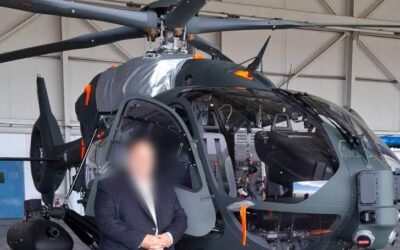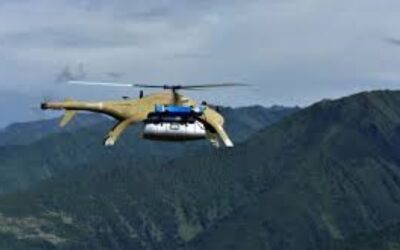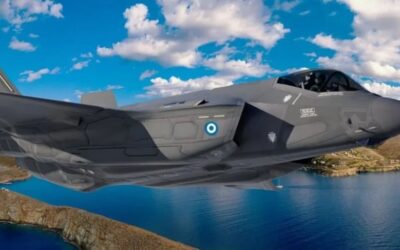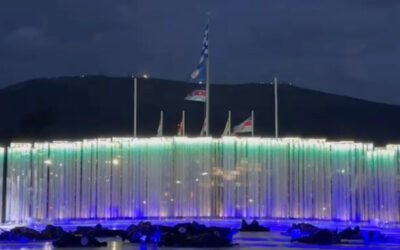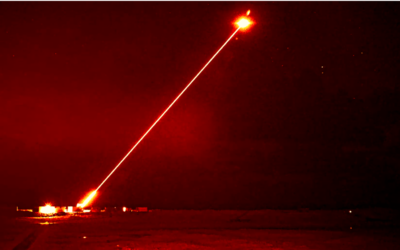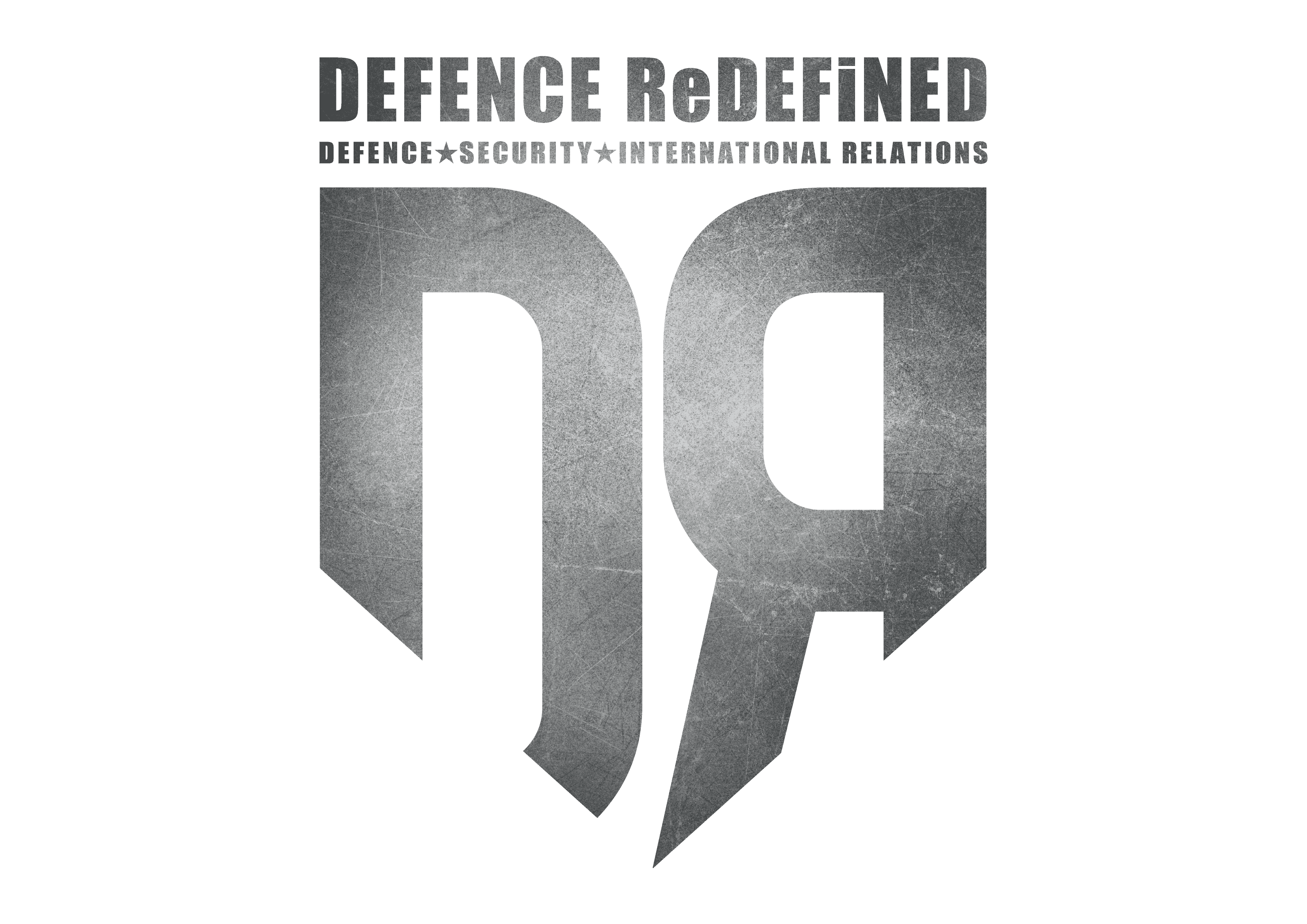The European Investment Bank (EIB) has agreed on a series of measures to further boost investment in security and defence, as well as in critical raw materials.

The Council has reached a provisional agreement with the European Parliament on the European defence industry reinforcement through the common procurement act (EDIRPA).
The regulation will incentivise EU member-states to jointly procure weapons, thereby ensuring interoperability, economies of scale and ultimately a strong European defence industry.
According to a relevant announcement, the Council and the European Parliament agreed on an ambitious instrument. Member-states which agree to jointly procure defence products in consortia of at least three countries will be partially reimbursed from the EU budget.
This will benefit member-states and the EU’s respective defence-related technological and industrial base, with special consideration of the involvement of small- and medium-sized enterprises (SMEs), start-ups and mid-caps in the value chain.
Also read: EDA | Tabletop exercise and new study focus on protecting critical energy infrastructure
The agreement reached sets out a number of clear conditions for contractors, sub-contractors and defence products to be eligible, as well as conditions with which projects must comply in order to be eligible for funding:
- As a principle, contractors involved in the common procurement should be established in and have their executive management structures in the EU or an associated country (Iceland, Liechtenstein or Norway).
They should also not be controlled by a non-associated third country, or a derogation has been granted through guarantees from member-states. Under no circumstances can EDIRPA funds be used to source components from countries that do not respect good-neighbourly relations.
- By default, contractors must use facilities and resources that are located in the EU or in an associated third country. The use of non-EU facilities is only allowed where an EU producer has no relevant infrastructure on EU territory.
- Member-states may only procure products that do not carry any restrictions by a non-associated third country limiting their ability to use them.
This rule is not applicable in the case of urgent and critical defence products, provided that they were in use before 24 February 2022 in the majority of the consortium, and the members of the consortium commit to studying the feasibility of replacing those restricted components with restriction-free components of EU origin.
An absolute cap of 15% will allow for an equal distribution of available funds among member-states and across funding priorities.
The provisional agreement must now be endorsed by the Council and the Parliament. It will then be formally adopted by both institutions following legal-linguistic revision. On the Council’s side, the presidency intends to submit the text to EU member-states’ representatives (Coreper) for endorsement as soon as possible.
Also read: EDA | Collaborative Procurement of Ammunition by EU Member-States
READ MORE
European Union | Joint White Paper for European Defence Readiness 2030
Yesterday, the High Representative for Foreign Affairs and Security Policy and the European Commission presented a White Paper…
Libya | Announcement of Licensing Round for Exploitation of Energy Resources
Libya has officially announced its first oil and gas licensing in 17 years, offering 22 areas for international auction.
The first photos of the new H145M helicopters of the National Guard of Cyprus
HCDI | Notice of Calls to Expressions of Interest
Today, the following calls for expressions of interest have been published on the Hellenic Centre for Defence Innovation (HCDI) website…
SEKPY | Welcomes the Decision of the Ministry of Defence for a Greek Participation Rate of 25% in Armament Programmes
The Hellenic Manufacturers of Defence Materiel Association (SEKPY) welcomes with particular satisfaction the decision of the Minister of National Defence, Mr Nikos Dendias, to…
“Ark of National Remembrance” | Unveiling of the New War Memorial at the Ministry of Defence
Impressive images have emerged from the Ministry of National Defence (MoD), where today, Wednesday, 26 March, the unveiling of the “Ark of National Remembrance”…
Conference on the Future of European Defence and Security at the University of Neapolis
The University of Neapolis Paphos, in collaboration with the Ministry of Defence of the Republic of Cyprus and Strategy International, is organising a significant conference on European defence…
UK | Four Ships to Be Equipped with the DragonFire Laser System in 2027
The Royal Navy plans to equip four warships with the DragonFire static high-power laser weapon system in 2027…










